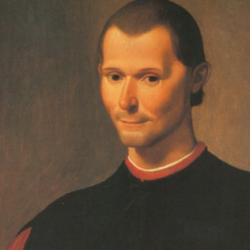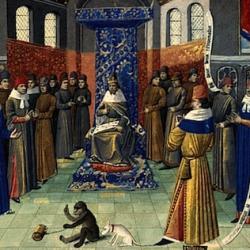In a brilliant 2013 article in Communio, D.C. Schindler examines the “totalitarian logic of self-limitation” within liberal order. He argues that any actual common good must precede a particular person’s share in the good; the whole precedes sharing by the parts.
A ruse appears at the heart of liberal order here. As Schindler says, “the political good understood in liberal terms explicitly refuses to make reference to an actual, comprehensive human good in relation to which it would be a mere part, and this refusal is precisely what defines it as a liberal conception of politics. In other words, the lack of reference to an actual whole – understood as a comprehensive good that includes man’s ultimate end – is not accidental, but essential, to the liberal state” (598-9). Making no judgments about ultimate good, though, the “only actual a priori good . . . from the perspective of the state, is the ‘self-limited political good.”
As a result, “the political good, because it is the only one give a priori, thus becomes the whole.” It “necessarily turns into the over-arching context inside of which the integral good has its reality to the extent that it becomes actual.” Thus, though the state appears to govern only part of the whole of society, it provides the overall framework within which everything else operates – including the church. The church thus necessarily operates as a private good. Even for Christians, the church is not the whole, the common good.
Thus, while “liberalism sets limits to politics in order to make room for the integral human good” it “inevitably ends up measuring all goods by the political – and indeed by the ‘political’ understood in the impoverished terms to which liberalism systematically reduces it, namely, power relations between private interests, bureaucratic management, and empty process” (602).
Since this political apparatus exists to maximize freedom, maximizing freedom and autonomy becomes the raison d’etre of the liberal state. The chicks have only recently come home to roost, but they’ve been growing for the past several centuries within liberal polity.
(Thanks to Ken Myers for pointing me to the article.)















